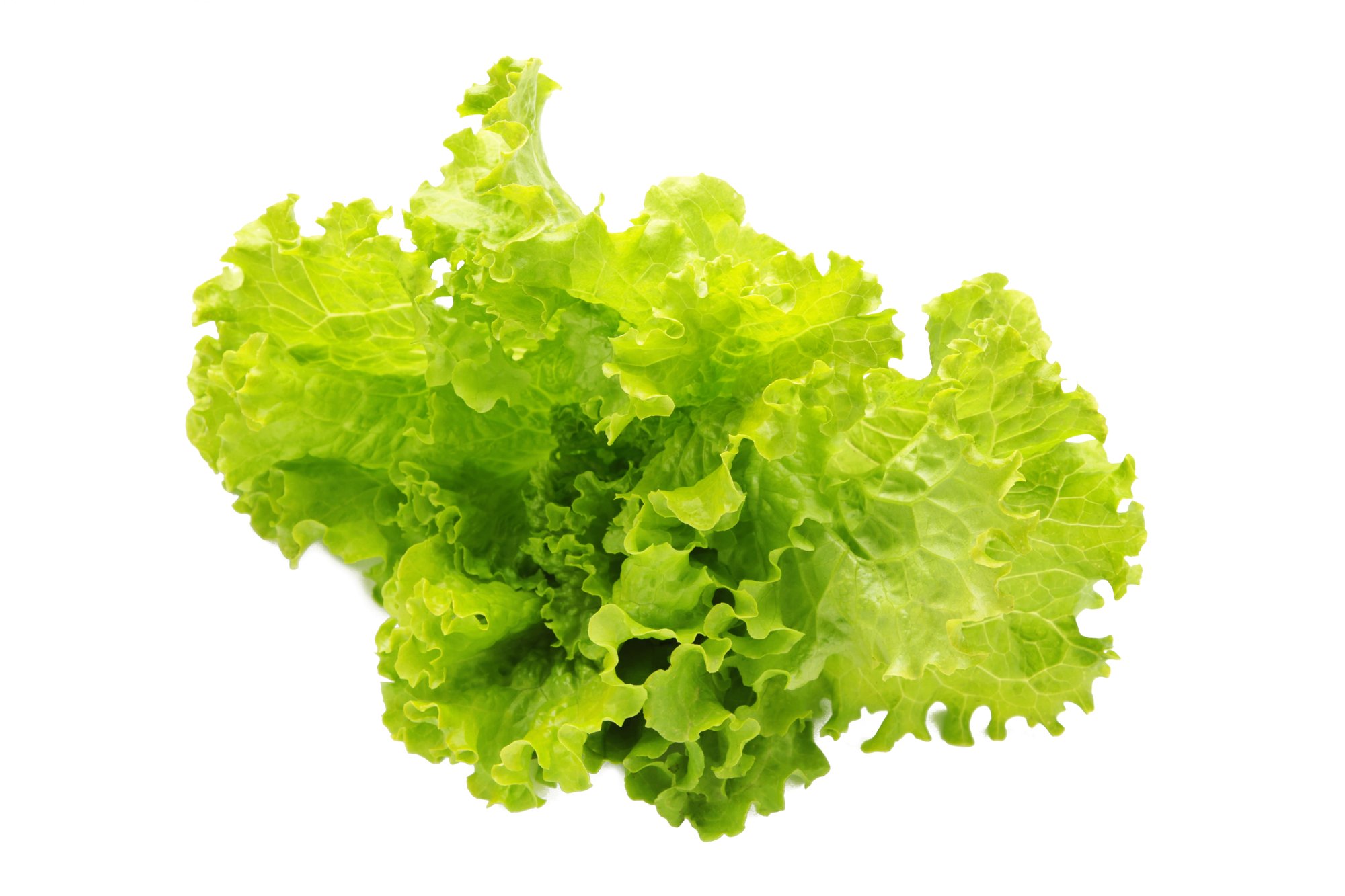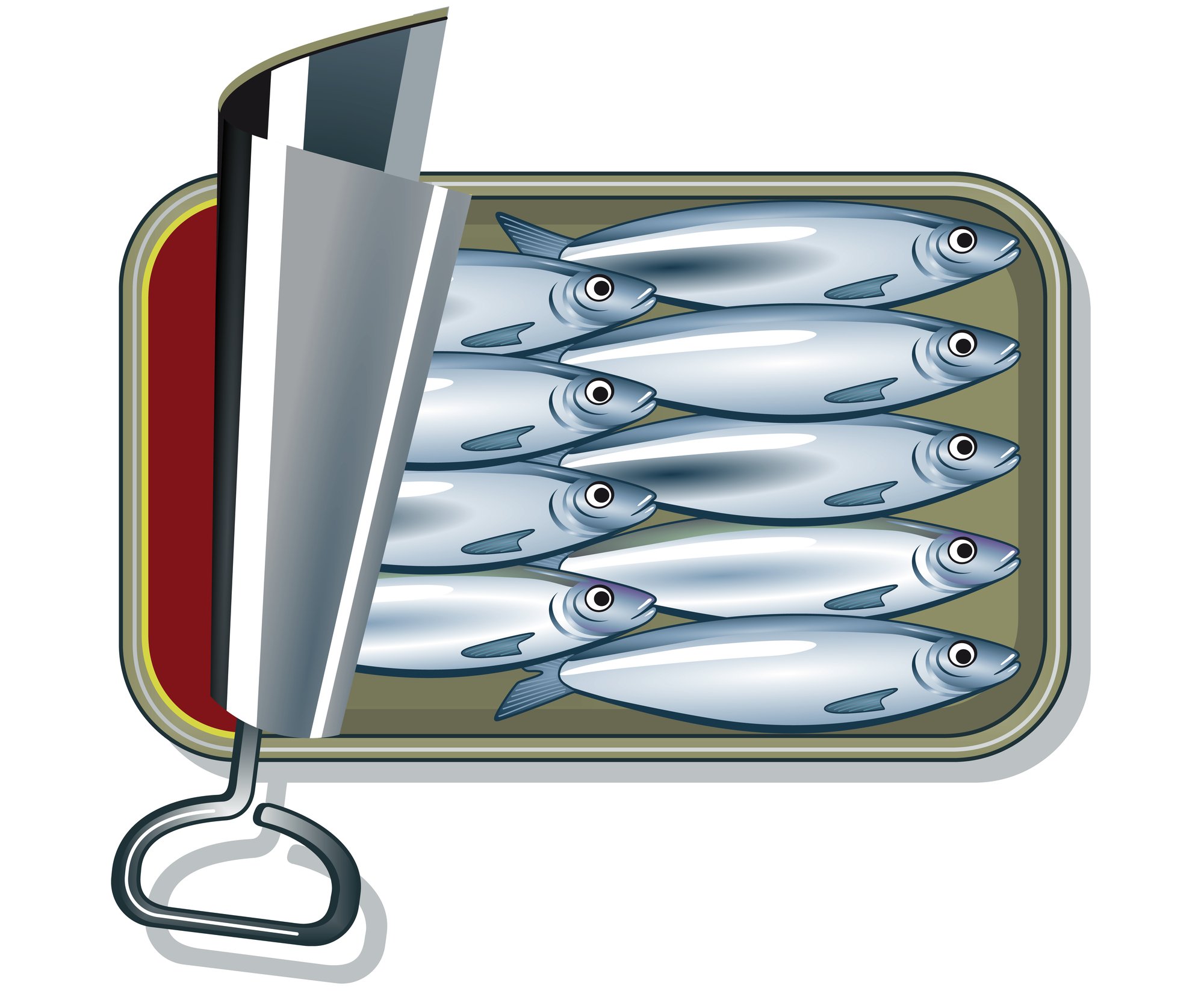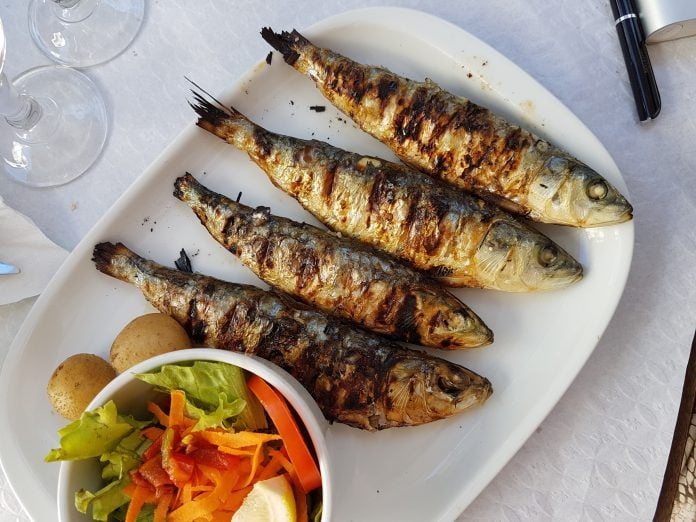Portuguese, spoken by over 260 million people across the globe, is a language rich in history, emotion, and cultural nuance. One of the most fascinating aspects of Portuguese is its wealth of idioms, colorful phrases that paint a vivid picture of Portuguese culture.
Idioms add spice to any language and give us insight into how people think, what they value, and how they see the world. Portuguese idioms are particularly delightful because they often include references to food, animals, and everyday situations that reflect the warmth and practicality of Portuguese culture. Let’s explore eleven Portuguese idioms that will give you more insight into the way the Portuguese think. If you use these, we are sure that you will make a local smile! Try it and see!
1. Pão pão queijo queijo
English meaning – To speak plainly and directly; to call a spade a spade
We’ve used this a lot ever since we first heard it because it’s so much fun to say. This literally translates to “bread bread, cheese cheese,” which emphasizes the importance of calling things by their proper names without beating around the bush. It reflects the Portuguese appreciation for honesty and straightforward communication.
Examples:
- Vamos falar pão pão queijo queijo: o projeto não está a funcionar. (Let’s speak plainly: the project isn’t working.)
Ela sempre fala pão pão queijo queijo, sem rodeios. (She always speaks directly, without beating around the bush.)
2. Não tomar chá em pequeno
English meaning – To be extremely rude or ill-mannered
This expression literally means “not to drink tea as a child,” and it’s used to describe someone who is very rude, ill-mannered, or lacks basic social etiquette. It suggests that the person didn’t learn proper manners during their upbringing.
Examples:
- Ele é mal-educado e não tem respeito nenhum pelos outros. Vê-se bem que não tomou chá em pequeno. (He is ill-mannered and has no respect for others. You can clearly see he didn’t learn proper manners as a child.)
- A minha irmã não tomou chá em pequeno. Está sempre a gritar com estranhos na estrada! (My sister is extremely rude. She’s always yelling at strangers on the street!)
3. Estar fresco como uma alface
English meaning – To be extremely fresh; to be well-rested and energetic
Literally meaning “to be fresh like lettuce,” this idiom describes someone who appears very fresh, well-rested, and full of energy, often despite working hard or having little sleep. It’s used to describe someone who maintains their vitality and appearance.
Examples:
- A Teresa trabalha imenso, dorme sempre pouco, mas nunca parece estar cansada, está sempre fresca como uma alface. (Teresa works immensely, always sleeps little, but never seems to be tired, she’s always extremely fresh.)
- Depois de uma noite inteira de estudo, ela ainda estava fresca como uma alface. (After a whole night of studying, she was still extremely fresh.)

4. Ficar em águas de bacalhau
English meaning – To come to nothing; to fail or fall through
This maritime-inspired idiom literally means “to stay in cod waters,” referring to plans or situations that don’t materialize. It evokes the image of being stuck in cold, unproductive waters like those where cod are found.
Examples:
- O negócio ficou em águas de bacalhau depois da crise. (The business fell through after the crisis.)
- Todos os planos de viagem ficaram em águas de bacalhau. (All the travel plans came to nothing.)
5. Ter muito lata
English meaning – To be very bold, cheeky, or have a lot of nerve
“Lata” means “can” or “tin,” and this expression suggests someone has a lot of “tin,” meaning they’re brazen or audacious. It can be used both negatively (for inappropriate boldness) and positively (for admirable courage).
Examples:
- Ele tem muito lata para pedir um aumento depois de só trabalhar há um mês. (He has a lot of nerve asking for a raise after only working for a month.)
- É preciso ter muita lata para fazer stand-up comedy. (You need a lot of boldness to do stand-up comedy.)
6. Como sardinha em lata
English meaning – Packed tightly together; crowded like sardines
This idiom paints a perfect picture of overcrowding by comparing a situation to sardines packed in a tin can. It’s used to describe any space or situation where people are squeezed together uncomfortably.
Examples:
- O metro estava como sardinha em lata na hora do rush. (The subway was packed like sardines during rush hour.)
- Na festa, estávamos todos como sardinha em lata. (At the party, we were all crowded together like sardines.)

7. Falar pelos cotovelos
English meaning – To talk excessively and with exaggeration
Literally translating to “talking through the elbows,” this expression is used to describe someone who talks non-stop, often with great enthusiasm and plenty of hand gestures. It paints a picture of a person who is animated, lively, and doesn’t hold back in conversation. They are also good at breaking the ice in conversation.
Examples:
- A Maria fala pelos cotovelos — mal chegou à festa, já estava a contar a vida toda!
(Maria is very chatty — she had barely arrived at the party and was already telling her whole life story!) - O meu tio fala pelos cotovelos sempre que vê futebol.
(My uncle talks excessively whenever he watches football.)
8. Um mãos-largas
English meaning – A generous person; someone who spends freely
This idiom literally translates to “wide hands” or “loose hands” and describes someone who is generous with their money or possessions. It is generally used in a positive context to praise someone’s generosity.
Examples:
- O João é um mãos-largas, sempre paga o jantar para todos. (João is very generous, he always pays for everyone’s dinner.)
- Ela é conhecida por ser uma mãos-largas com os amigos. (She’s known for being generous with her friends.)
9. Uma pechincha
English meaning – A bargain; a great deal
This word describes something that’s unexpectedly cheap or a great value for money. It’s the Portuguese equivalent of saying something is “a steal” or “a bargain.”
Examples:
- Este carro usado foi uma pechincha pelo preço que paguei. (This used car was a bargain for the price I paid.)
- Encontrei estes sapatos numa pechincha no saldo. (I found these shoes at a great price in the sale.)
10. A pensar morreu um burro. Decide-te!
English meaning – Stop overthinking and make a decision!
This humorous idiom literally means “A donkey died thinking. Make up your mind!” It’s used when someone is taking too long to make a decision, often in everyday situations like choosing what to order at a restaurant. The image of a donkey dying from overthinking adds a touch of absurd humor to the urgency of making a choice (and may help you remember this expression better).
Examples:
- Já estás há meia hora a olhar para o menu. A pensar morreu um burro. Decide-te! (You’ve been looking at the menu for half an hour. A donkey died thinking. Make a decision!)
- Para de hesitar entre as duas opções. A pensar morreu um burro. Decide-te! (Stop hesitating between the two options. A donkey died thinking. Make up your mind!)

11. És uma cabeça de alho chocho!
English meaning – You’re not very bright; you’re a bit dim
This idiom literally means “You’re a head of rotten garlic!” It’s used to tease someone when they’re being absent-minded or not thinking clearly. The comparison to spoiled garlic suggests someone whose mental faculties aren’t quite fresh or sharp – unlike looking “fresh like a lettuce.”
Examples:
- Esqueceste as chaves outra vez? És uma cabeça de alho chocho! (You forgot your keys again? You’re not very bright!)
- Como é que não consegues resolver este problema simples? És uma cabeça de alho chocho! (How can you not solve this simple problem? You’re being dim!)
Portugal’s Culture Through Idioms
Portuguese idioms remind us that language is alive, breathing, and full of personality, just like the warm, welcoming people who speak it.
Whether you’re planning to visit Portugal, Brazil, or any of the other Portuguese-speaking countries, understanding these expressions will help you connect more deeply with the local Portuguese-speaking and people and their respective cultures.
The next time you find yourself in a Portuguese conversation, try using one of these colorful expressions. You’ll likely get a smile or a laugh out of someone, and perhaps most importantly, a sense of belonging among a group of Portuguese speakers. Give these idioms a try!


